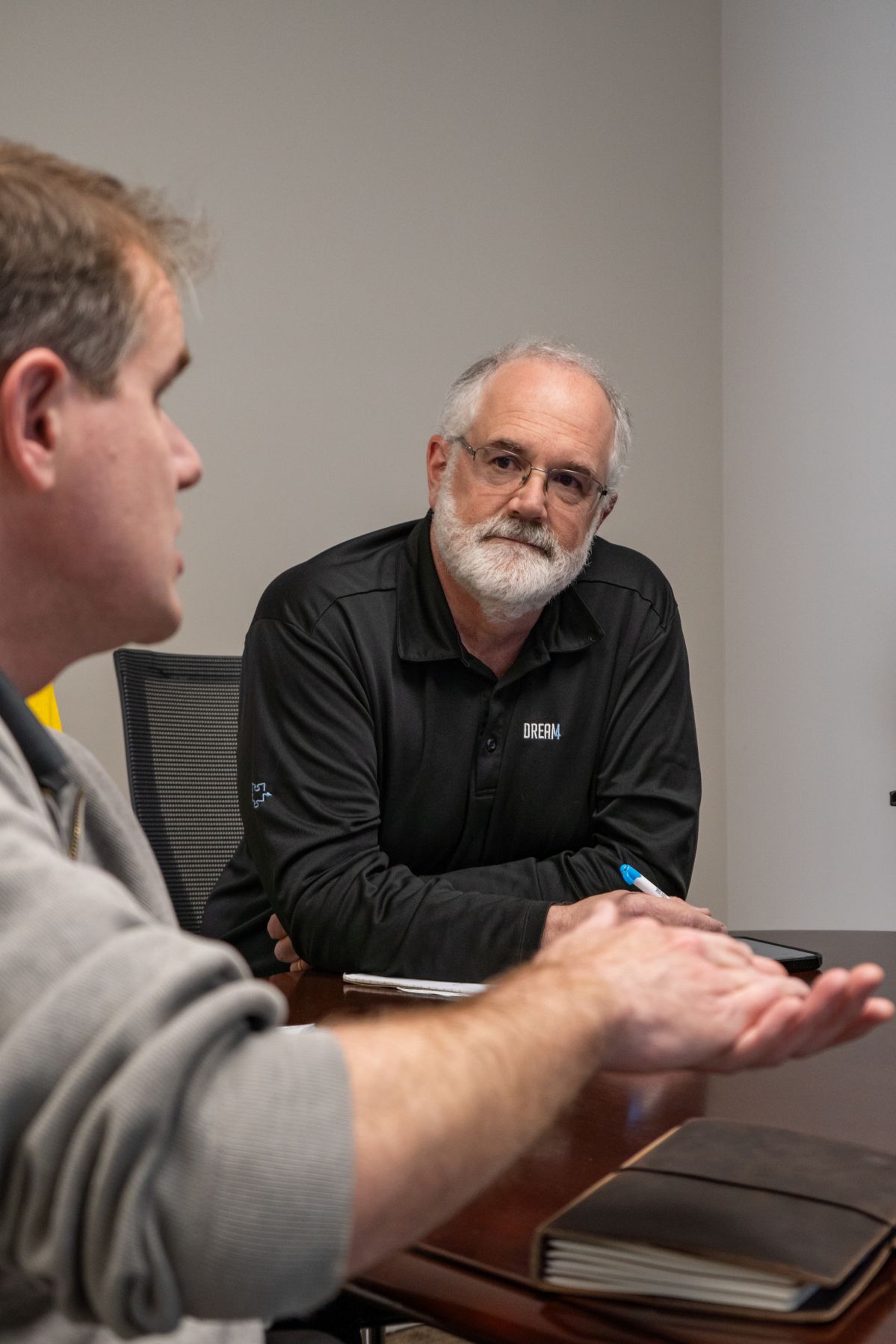Leadership – AIM a Little Higher
Most leaders realize that Aristotle was largely correct. But it seems that developing the actual habit of being a good leader gets lost in our daily tasks and list-making. However, the longer we neglect genuinely breathing into our people, the more likely our next discussion – usually at performance review time – will tend to be more uncomfortable than we would like. We must summon the courage to demonstrate that we really care about them by investing ourselves into their professional growth, during the year, not just at the end.
“You are what you repeatedly do” – Aristotle
Most individuals have never had a boss who has cared about them enough to personally inspire them in their career. Everyone needs someone to “believe” in them – no matter who they are. This post is simply a reminder to invest the time to get to know each of your people well enough to sincerely understand their strengths as well as to see where they might need further growth.

If you are what you repeatedly do; are your habits indicating that you are a good boss? Do you REALLY care? Do you spend the time needed to invest in your people? Do they know you well enough to actually trust you and your opinion?
All of these are tough questions; but aren’t they fair? If we desire to AIM our people in the right direction, it is helpful to remember the following keywords as we share accountability for building a winning culture:
A = ANONYMOUS
One of the greatest problems in the American workplace, and a primary contributor to disengagement, is that many employees feel completely anonymous. They do not feel that most people, including their supervisor, really know them very well. Effective leaders must ensure that their people are not anonymous and find creative ways to make them “known.”
Proactively think about your people; find their motivation; choose and use the right words for them; develop plans for them. Consider it a privilege to inspire them. Keep a journal with several pages for each person who reports directly to you. Be sure to enter family names, items of progress, any homework you assign and obstacles they overcome along the way.
I = IRRELEVANT
Another challenge in the workplace is that many individuals feel irrelevant. It is the leader’s job to connect the importance of each person’s role with the overall mission of the organization. No one wants to feel like they are trading many hours of their life for an insignificant purpose. Certainly, we work for a paycheck; but everyone wants to feel some sense of pride in what we do; in how we serve. We want it to be for a greater purpose. Most of the time, with some clear communication, leaders can connect those dots. We can show how our corporate service – done well – contributes to society’s greater good. Show that no person/task is irrelevant; that everyone and every task is valuable. Believe in your people enough to challenge them regarding where they can go and what they can be.
Leaders should take action based on the practical steps above. If we desire to build a winning culture, we must choose to be accountable for connecting the importance of each person’s role with the practical progress of the organization. Accountability works two ways; but real leaders go first – and this is how!!
M = MEASURE
An old axiom says that “the road to hell is paved with good intentions.” Most leaders INTEND to spend more quality time with their people. As information, “quality time” is time spent without a “boss mask” and with great vulnerability. How much of THAT do you intend to spend versus what you actually invest? Most of the time, organizational trust and our desired culture will grow in direct proportion to such time spent. This is one major contributor to why America is faced with many organizational culture issues in the workplace today. Challenge yourself to daily measure your availability and “presence” that can make such a positive difference.
As your habit of being fully present develops; you will see your positive impact multiply into increasingly productive team habits. Serve your people well by measuring your meaningful presence with them.
The truth is, everyone who desires to be a better influencer of people at work or at home can make meaningful progress by applying some intentional care about those you serve. If your AIM has been a little off lately – just set your sights back on the target. Reach out to our team to see how our program could radically change your business culture. Things might get better faster than you think!!




